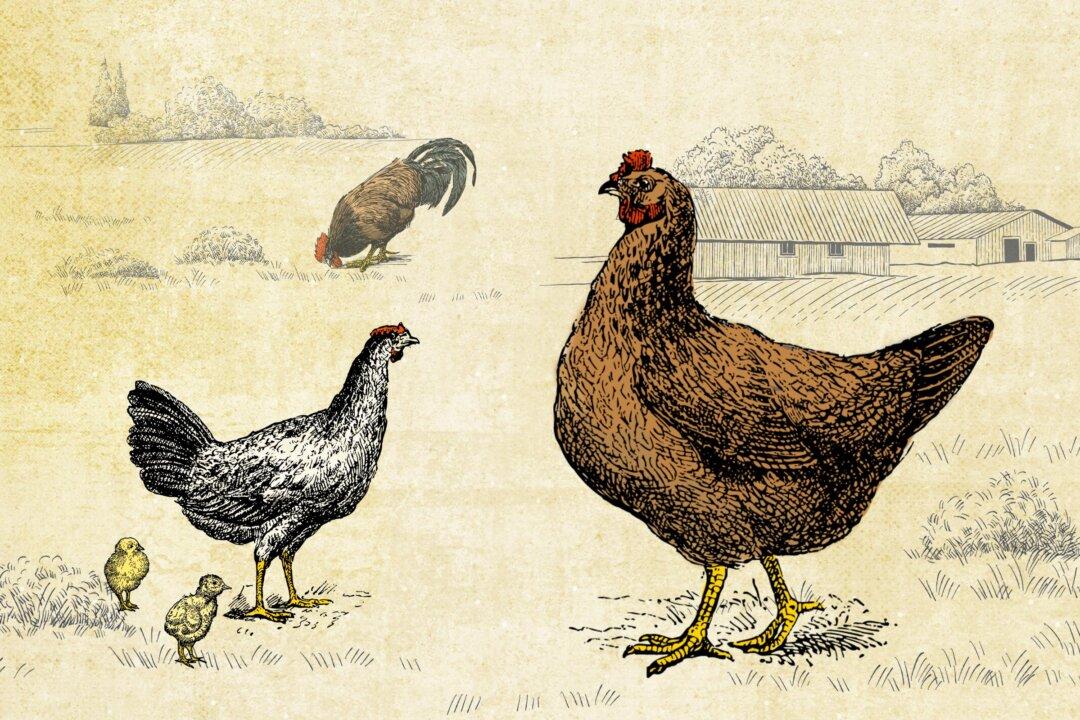Hua Chen and her husband remained in their home in Sarasota as Hurricane Milton made landfall, raging outside their boarded-up windows. It was dark, and the wind was fierce. Despite the fury outside, Chen remained calm and wasn’t worried about the outcome—saying she knew she would be fine.
As millions are left picking up the pieces after Hurricane Milton’s devastation, Chen proves that mindset can be invaluable, especially in turbulent times.
“I have my spiritual belief, and then I know that everything happens for a reason,” she told The Epoch Times.
Her beliefs gave her a deep inner peace, keeping her from feeling afraid.
She adds that her state of mind affects others, comforting them in stressful times.
“I can easily communicate this type of mindset, even with my family members, and they stay calm because I’m so calm and rational,” she said.
She noticed signs that her neighbors were also drawing on their faith to support them during this difficult time.
The Power of Belief
Disasters can strike unexpectedly, and having food, water, and essential supplies is crucial for survival. Yet, we often underestimate the power of our attitudes and beliefs, which can provide a solid foundation to guide us through the most challenging situations—no matter the external circumstances.Why Mindset Matters
Our mindset affects how we perceive ourselves and the world around us. It also helps us interpret and respond to challenges.Research has shown that a growth mindset can make us happier and better manage stress.
The Calm in the Storm
Hurricane Milton was the second hurricane to hit Florida in 13 days. Estimates said that 3 million people were without without power for some time, and the death toll rose to more than 15 as of Oct. 12.Despite the devastation in the surrounding community, Hua Chen and her husband were fine, and their house sustained no damage.
Although she did have emergency supplies on hand, Chen found the most crucial factor in getting through the uncertainty of a hurricane was her mindset, which kept her serene amid the external chaos.
Chen said she had never experienced a big hurricane before but that the storm gave her the opportunity to reflect and cultivate self-awareness, which will have a ripple effect, impacting others in her life. Despite the danger the storm presented, Chen says she is grateful for the experience.
“I found my own spiritual belief, which gives me a very good state of mind to help me go through any type of adversity—including this natural disaster,” she said.






